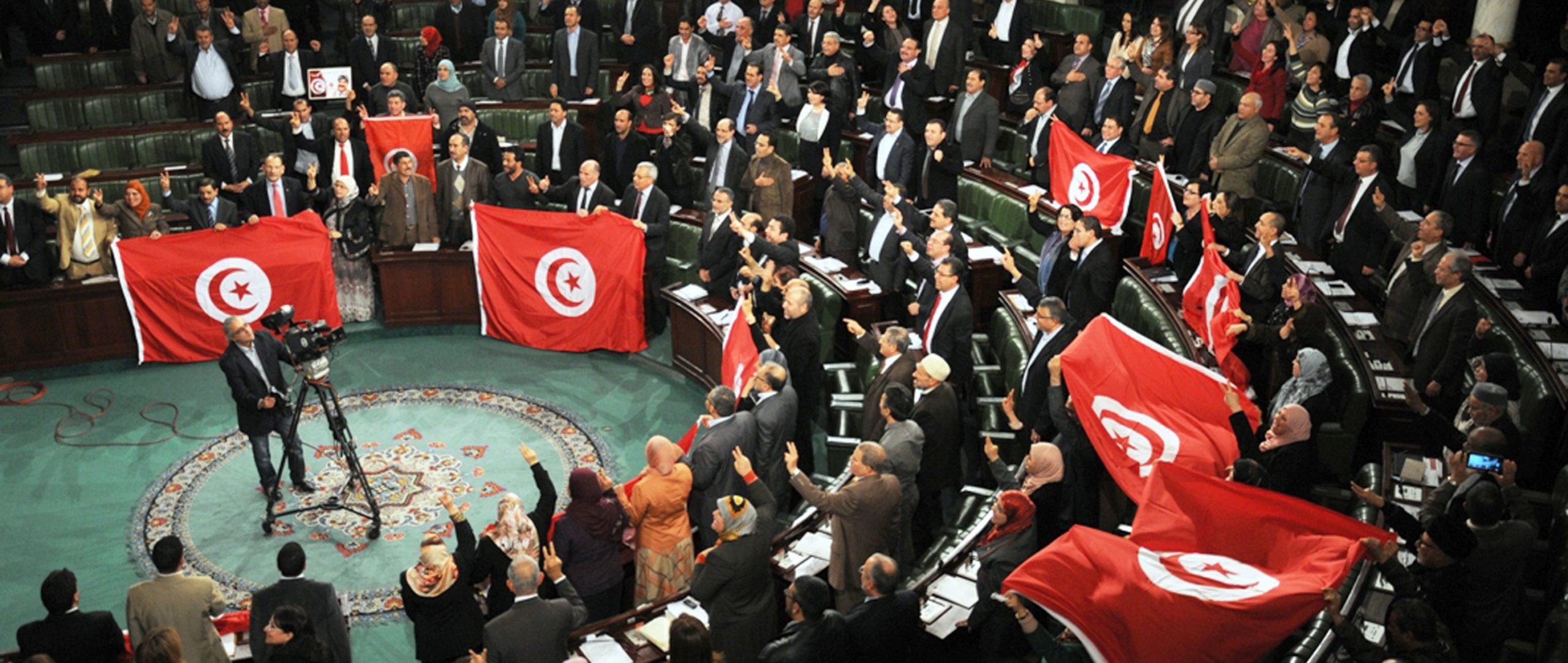
A growing controversy is rocking Tunisia’s nightlife scene, as a popular billing practice in nightclubs draws sharp criticism from lawmakers and the public alike.
The issue centers on mandatory minimum spending requirements imposed on customers just to gain entry or remain inside certain nightspots—an approach many now see as covert exploitation.
On August 3, Member of Parliament Fatma Mseddi took to social media to denounce what she described as “an unfair mechanism aimed at extracting money from consumers under the guise of exclusivity or status,” according to reports by Visa-Algeria.
She warned that such practices risk alienating foreign tourists, who might view the system as hidden extortion and consequently reconsider Tunisia as a travel destination.
Recognizing the economic and reputational stakes, Mseddi is preparing to introduce a legislative reform designed to prohibit any form of imposed consumption as a condition of access.
She said, “Tunisia must preserve its reputation as an open, welcoming destination that respects consumer rights,” highlighting tourism’s vital role in the country’s economy.
Nightclub operators defend the model, citing the need to secure profitability and attract a certain clientele. Yet this justification clashes with calls for greater transparency and fairness, especially toward international visitors unfamiliar with local customs.
In today’s fiercely competitive tourism market, where guest experience and freedom of choice are decisive, such practices could undermine Tunisia’s appeal. Other nations have faced similar backlash and been compelled to reform.
Fatma Mseddi’s proposal could spark a wider debate on regulating entertainment pricing and consumer protection in Tunisia’s nightlife sector. If adopted, it would mark a turning point—ensuring that both locals and tourists enjoy fair, transparent treatment in venues critical to the country’s cultural and economic vibrancy.
As Tunisia seeks to revive its tourism industry, establishing clear, equitable commercial practices emerges as essential to restoring confidence and fostering positive visitor experiences.



